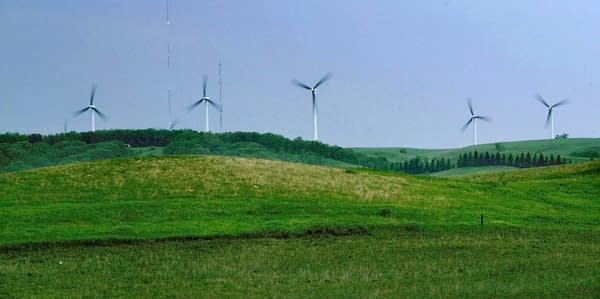Taking a conservative approach to clean energy

A new group aims to give conservatives a voice in natural gas, wind and solar energy policies.
Jim Mone | AP 2006
Go Deeper.
Create an account or log in to save stories.
Like this?
Thanks for liking this story! We have added it to a list of your favorite stories.


